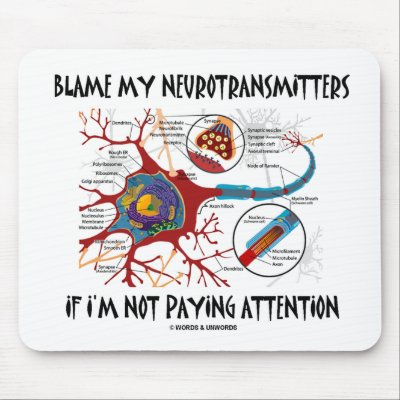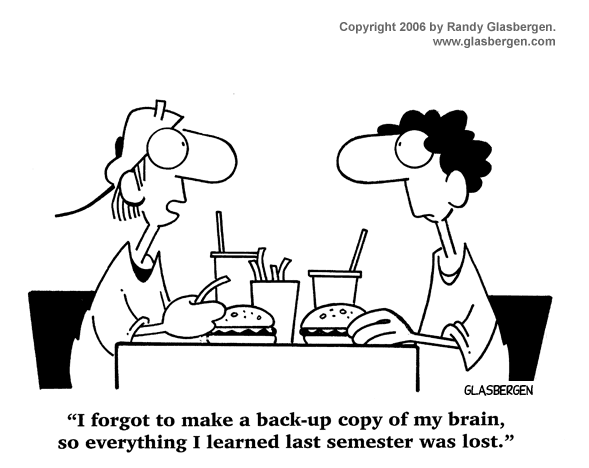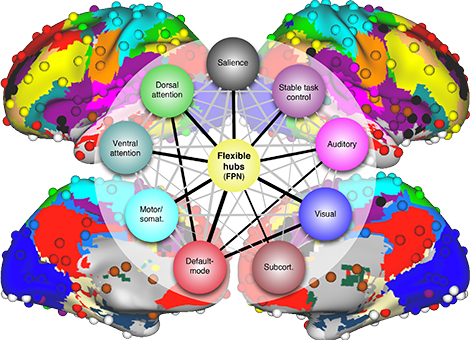2017-02-15 08:36:43
Prelude
PSYCH 260.003
Neurological Bases of Human Behavior
Rick O. Gilmore, Ph.D. Associate Professor of Psychology
Einat Brenner Graduate Teaching Assistant
What is this course about?
- What is behavior?
- What distinguishes human behavior?
- What are neurological bases?
- What other bases are there?
- How do the neurological bases of human behavior affect your life?
- Why does taking/drinking X make me feel Y?
- My grandmother has Alzheimer's disease. What's happening to her brain?
- Carrie Fisher had bipolar disorder. What's that about?
- Why is sleep so important for brain health?
- My mom says my brain isn't fully mature. Is she right?
- Is it safe for high school athletes to play football (or soccer, hockey, etc.)?
This course is about…
Genes
Neurotransmitters
Neurons
Networks
Brains
Behavior
http://www.nature.com/news/human-brain-mapped-in-unprecedented-detail-1.20285
Today's topics
- Course overview
- Why is biology essential for the science of behavior?
- A bit about systems
Course overview
- Course website:
Keys for success
- Study the figures.
- Study regularly – don't cram.
- Come to class.
- Participate!
Why is biology essential for the science of behavior?
- What is science?
- What distinguishes sciences?
- What is neuroscience?
- Why is neuroscience harder than physics?
- Why is it more fun?
What is science?
What is science?
- Body of facts or truths.
- Process of acquiring knowledge
- Systematic study
- Observation, experiment, description
- Strives for objectivity
- Aims at reliable, reproducible, general, systematic, universal laws
Gilmore on science vs. other ways of thinking
- Science is a way of thinking
- Science describes, but not well-suited to proscribing
- Science has little to say about what is good, just, right, moral, etc.
- Science rests on evidence and logic NOT on authorities
- Science respects tradition, but questions and tests it
Gilmore on science vs. other ways of thinking
- Science (and allied fields)
- has led to huge advances in human health and prosperity.
- will be essential for maintaining and extending those advances in the future
Similarities between sciences
- What are the different kinds of X?
- Form, e.g., anatomy
- How does X work?
- Function, e.g., physiology
- Where did X come from?
- Origins, e.g., development/evolution
Differences among sciences
- Phenomena of interest
- Methods or tools
- Levels of analysis
- Spatial scale (nanometers to light-years)
- Temporal scale (milliseconds to millenia)
What is neuroscience?
- The study of the nervous system
- And the behavior it makes possible
- Questions
- What are the parts of the nervous system?
- How do the parts work? What do they do?
- Where did they come from?
Why neuroscience is harder than physics
Why neuroscience is more fun than physics
A bit about systems
A bit about systems
- What are systems?
Related ideas
- Wikipedia on systems theory
- Wikipedia on systems thinking
- Wikipedia on cybernetics
- Science concerned with the study of systems of any nature which are capable of receiving, storing and processing information so as to use it for control.
Non-biological examples
- Solar system
- Climate system
- Economic system
- Internet
Systems have
- Components
- Interactions
- Forces/influences
- Boundaries
- Inputs/outputs/processes
Systems…
- "Behave" or change state across time
- Return to starting state
- Appear to be regulated, controlled, influenced by feedback loops
May be thought of as networks
Why is studying systems so hard?
- Single parts -> multiple functions
- Single functions -> multiple parts
- Change structure/function over time (learning, development)
- Biological systems not "designed" like human-engineered ones
- What information is being processed? What is being controlled?
Next time…
- History of neuroscience







